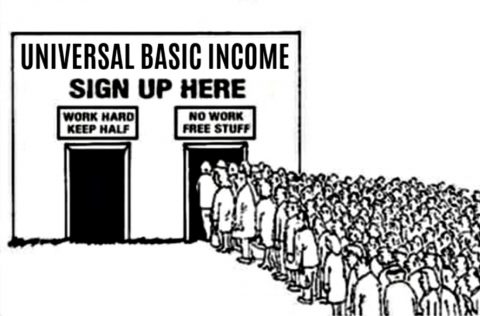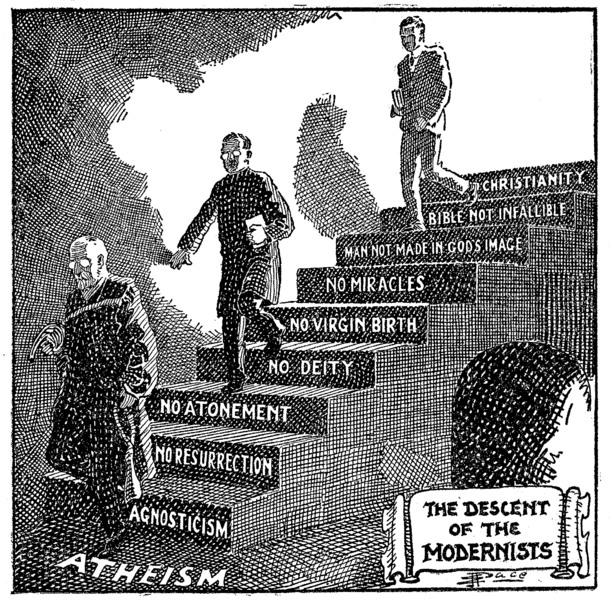 Why should cereal grains play such a massive role in the earliest states? After all, other crops, in particular legumes such as lentils, chickpeas, and peas, had been domesticated in the Middle East and, in China, taro and soybean. Why were they not the basis of state formation? More broadly, why have no “lentil states,” chickpea states, taro states, sago states, breadfruit states, yam states, cassava states, potato states, peanut states, or banana states appeared in the historical record? Many of these cultivars provide more calories per unit of land than wheat and barley, some require less labor, and singly or in combination they would provide comparable basic nutrition. Many of them meet, in other words, the agro-demographic conditions of population density and food value as well as cereal grains. Only irrigated rice outclasses them in terms of sheer concentration of caloric value per unit of land.
Why should cereal grains play such a massive role in the earliest states? After all, other crops, in particular legumes such as lentils, chickpeas, and peas, had been domesticated in the Middle East and, in China, taro and soybean. Why were they not the basis of state formation? More broadly, why have no “lentil states,” chickpea states, taro states, sago states, breadfruit states, yam states, cassava states, potato states, peanut states, or banana states appeared in the historical record? Many of these cultivars provide more calories per unit of land than wheat and barley, some require less labor, and singly or in combination they would provide comparable basic nutrition. Many of them meet, in other words, the agro-demographic conditions of population density and food value as well as cereal grains. Only irrigated rice outclasses them in terms of sheer concentration of caloric value per unit of land.
The key to the nexus between grains and states lies, I believe, in the fact that only the cereal grains can serve as a basis for taxation: visible, divisible, assessable, storable, transportable, and “rationable.” Other crops — legumes, tubers, and starch plants — have some of these desirable state-adapted qualities, but none has all of these advantages. To appreciate the unique advantages of the cereal grains, it helps to place yourself in the sandals of an ancient tax-collection official interested, above all, in the ease and efficiency of appropriation.
The fact that cereal grains grow above ground and ripen at roughly the same time makes the job of any would-be taxman that much easier. If the army or the tax officials arrive at the right time, they can cut, thresh, and confiscate the entire harvest in one operation. For a hostile army, cereal grains make a scorched-earth policy that much simpler; they can burn the harvest-ready grain fields and reduce the cultivators to flight or starvation. Better yet, a tax collector or enemy can simply wait until the crop has been threshed and stored and confiscate the entire contents of the granary.
Compare this situation with, say, that of farmers whose staple crops are tubers such as potatoes or cassava/manioc. Such crops ripen in a year but may be safely left in the ground for an additional year or two. They can be dug up as needed and the reaminder stored where they grew, underground. If an army or tax collectors want your tubers, they will have to dig them up tuber by tuber, as the farmer does, and then they will have a cartload of potatoes which is far less valuable (either calorically or at the market) than a cartload of wheat, and is also more likely to spoil quickly. Frederick the Great of Prussia, when he ordered his subjects to plant potatoes, understood that, as planters of tubers, they could not be so easily dispersed by invading armies.
The “aboveground” simultaneous ripening of cereal grains has the inestimable advantage of being legible and assessable by the state tax collectors. These characteristics are what make wheat, barley, rice, millet, and maize the premier political crops. A tax assessor typically classifies fields in terms of soil quality and, knowing the average yield of a particular grain from such soil, is able to estimate a tax. If a year-to-year adjustment is required, fields can be surveyed and crop cuttings taken from a representative patch just before harvest to arrive at an estimated yield for that particular crop year. As we shall see, state officials tried to raise crop yields and taxes in kind by mandating techniques of cultivation; in Mesopotamia this included insisting on repeated ploughing to break up the large clods of earth and repeated harrowing for better rooting and nutrient delivery. The point is that with cereal grains and soil preparation, the planting, the condition of the crop, and the ultimate yield were more visible and assessable.
James Scott, Against The Grain: A deep history of the earliest states, 2017.













